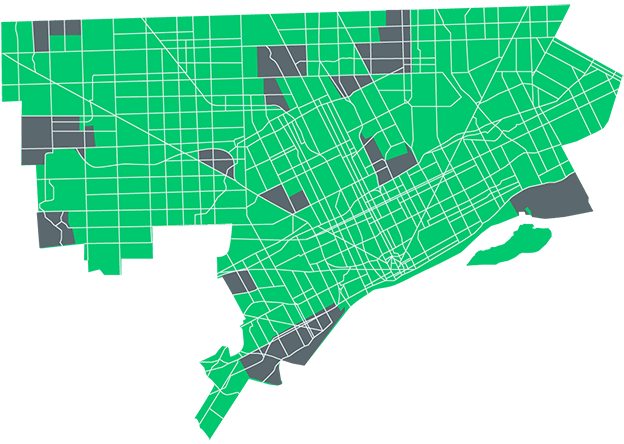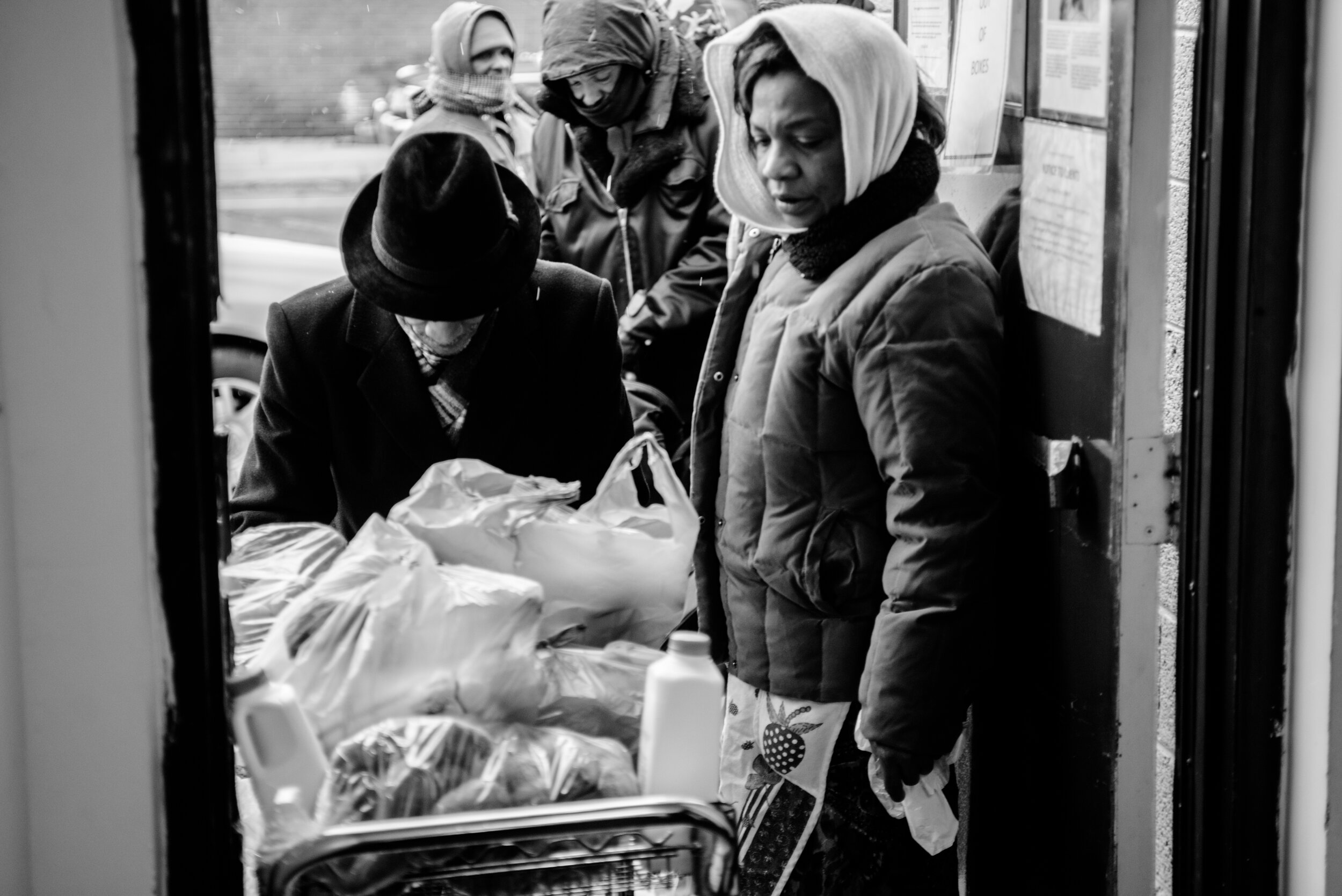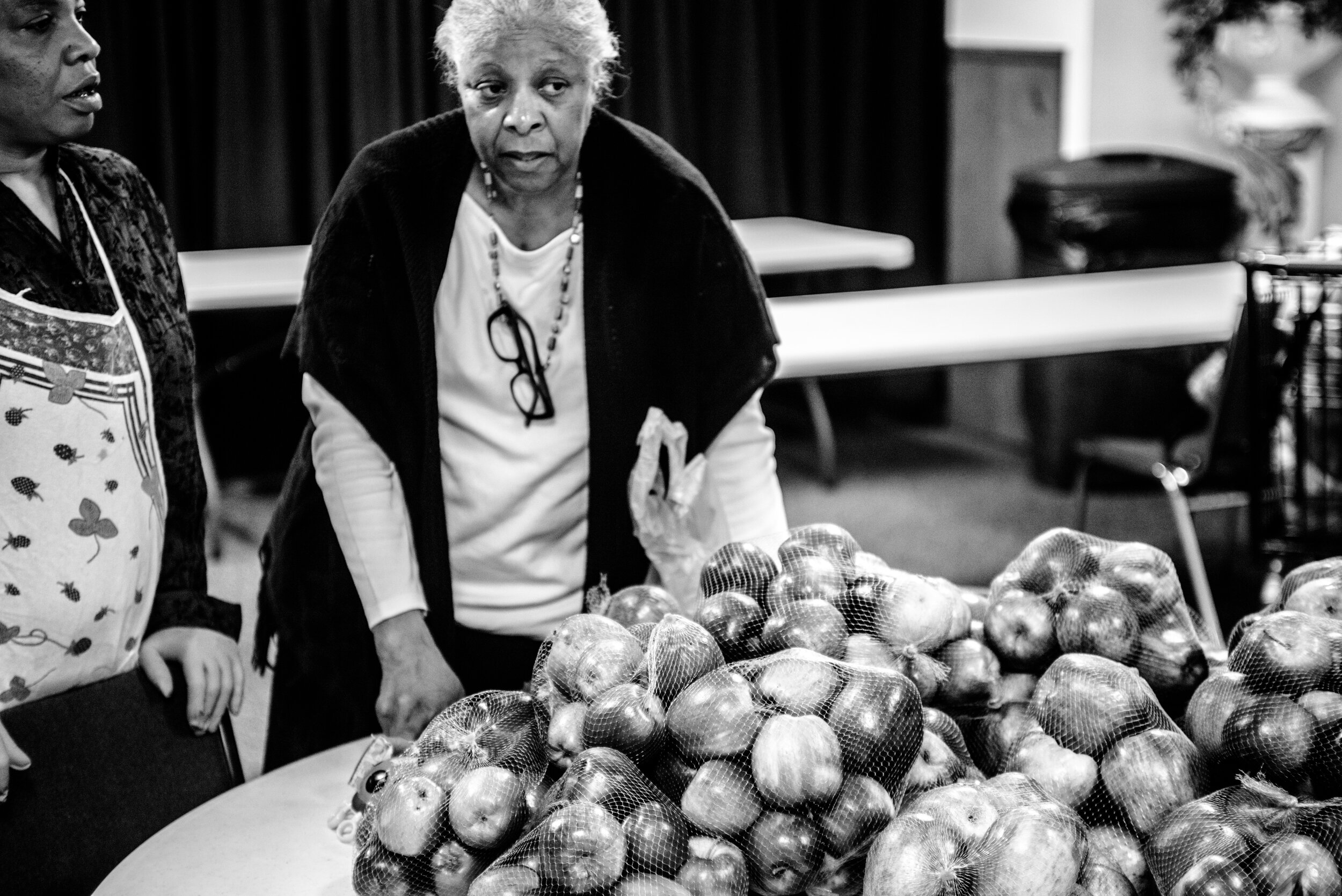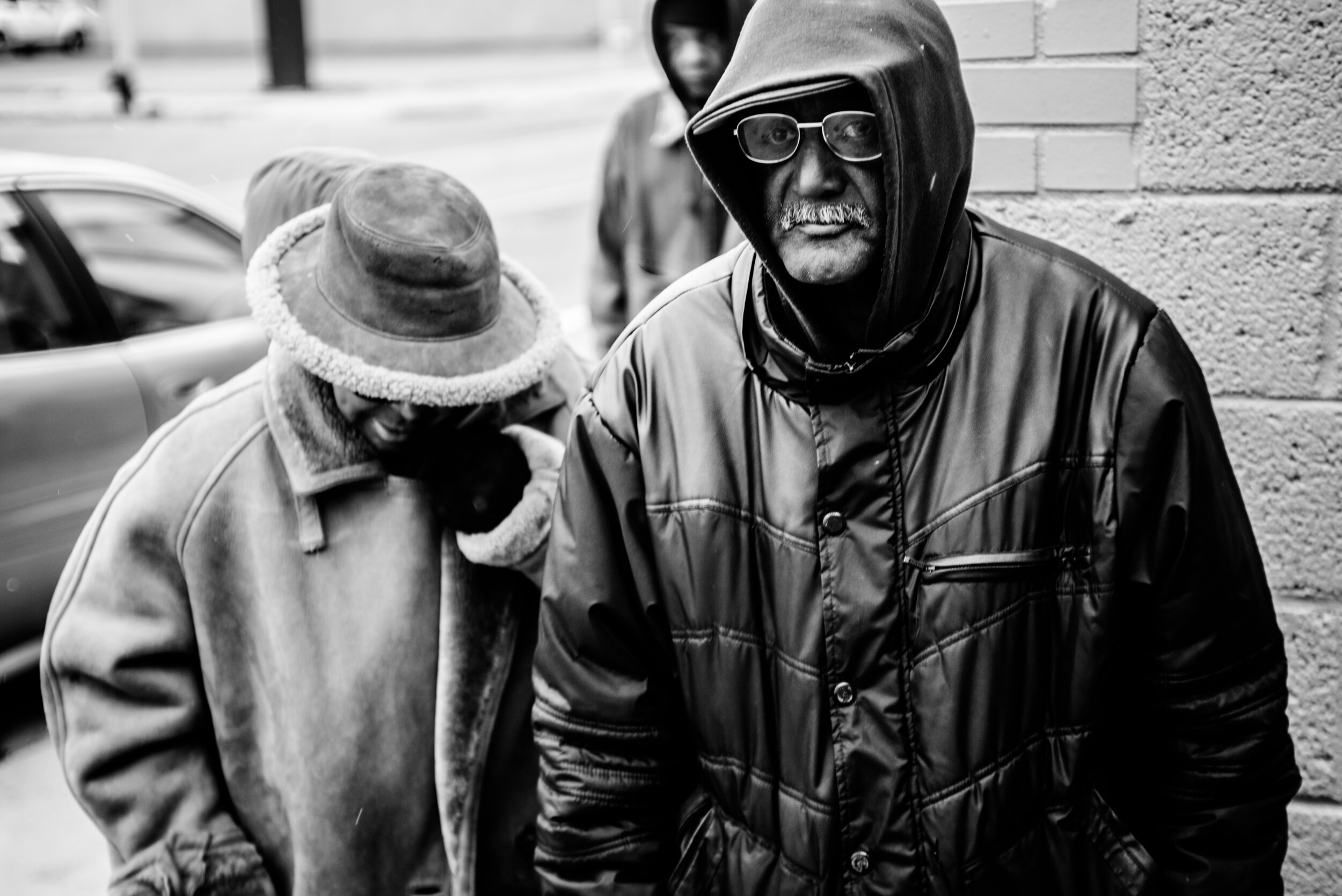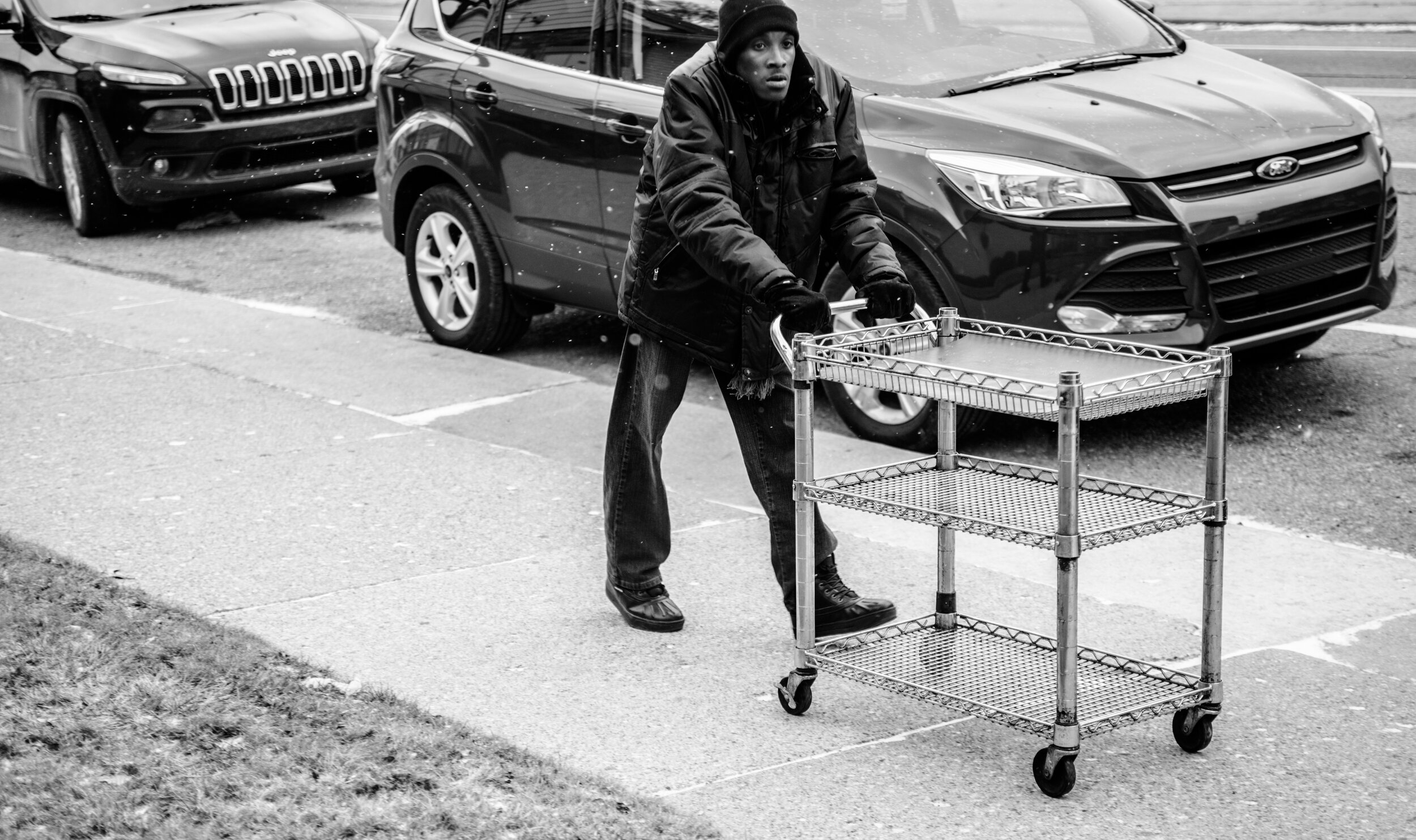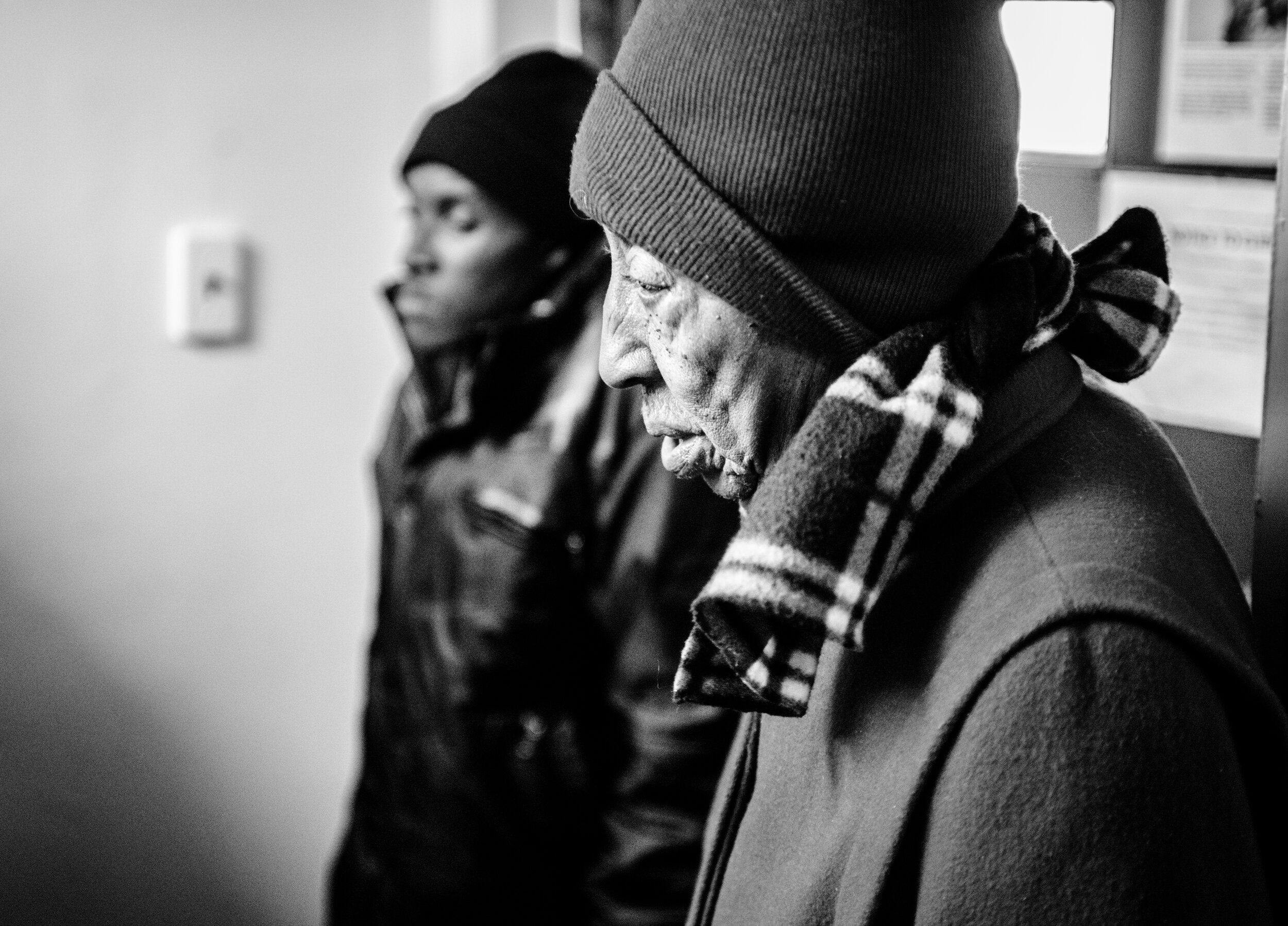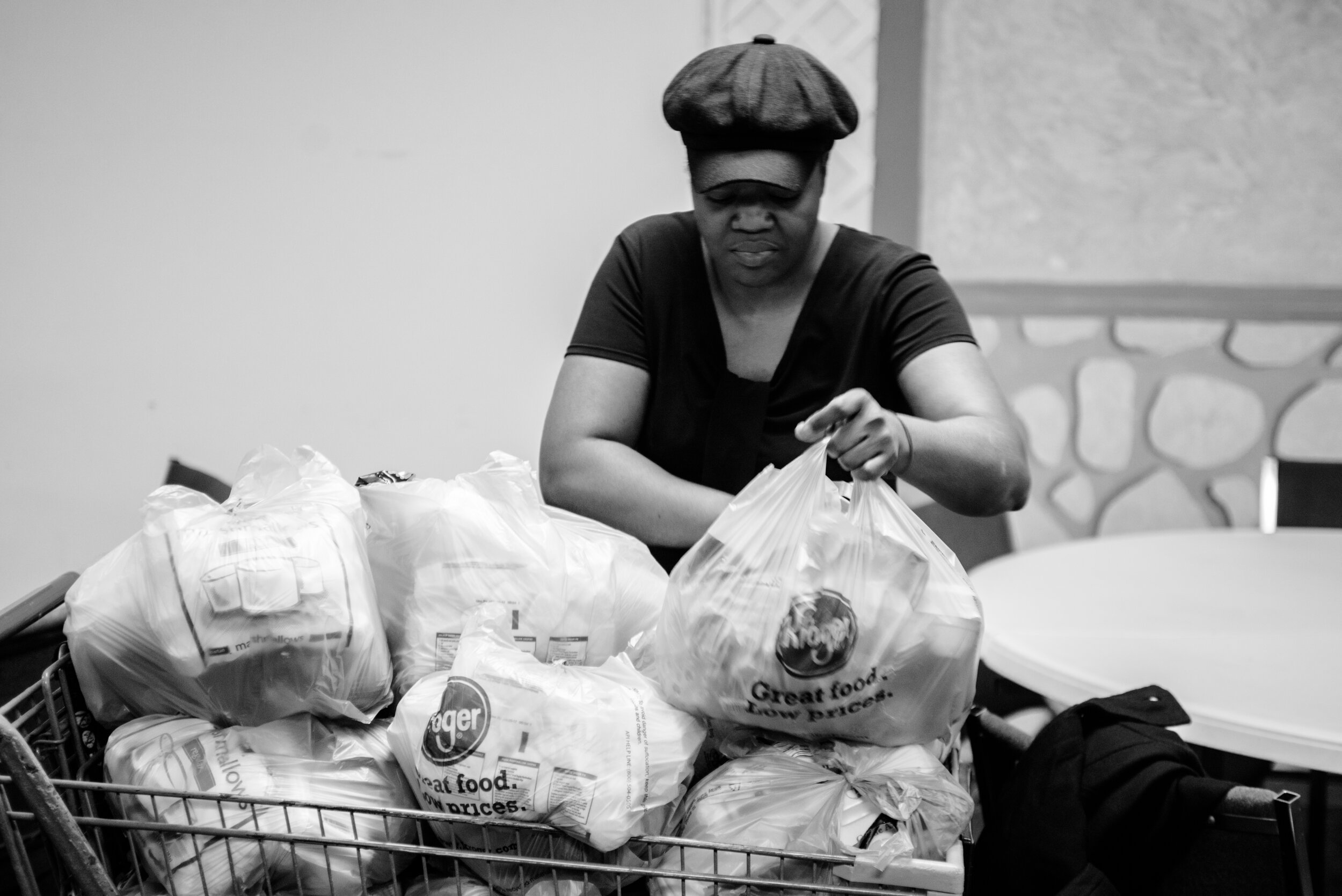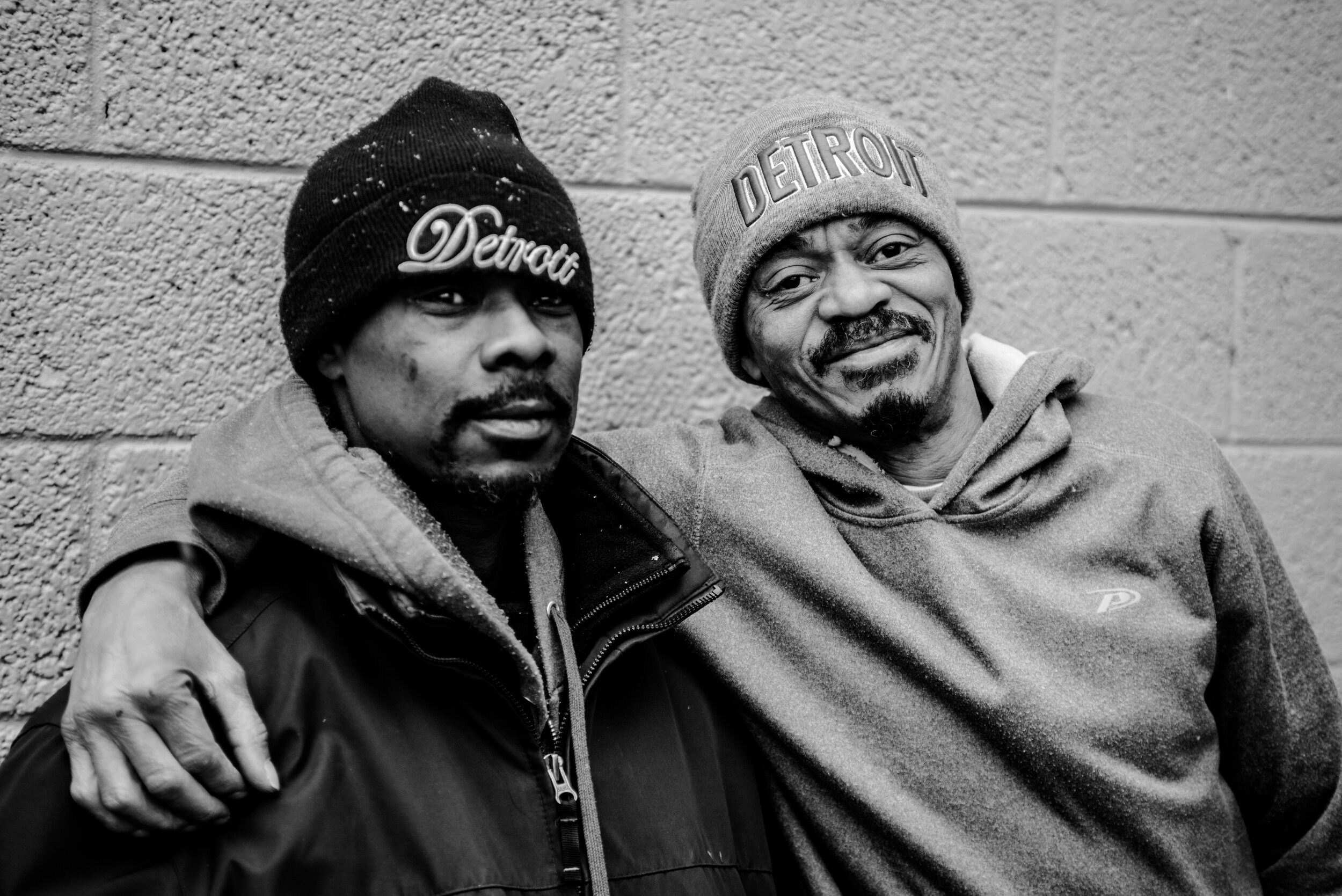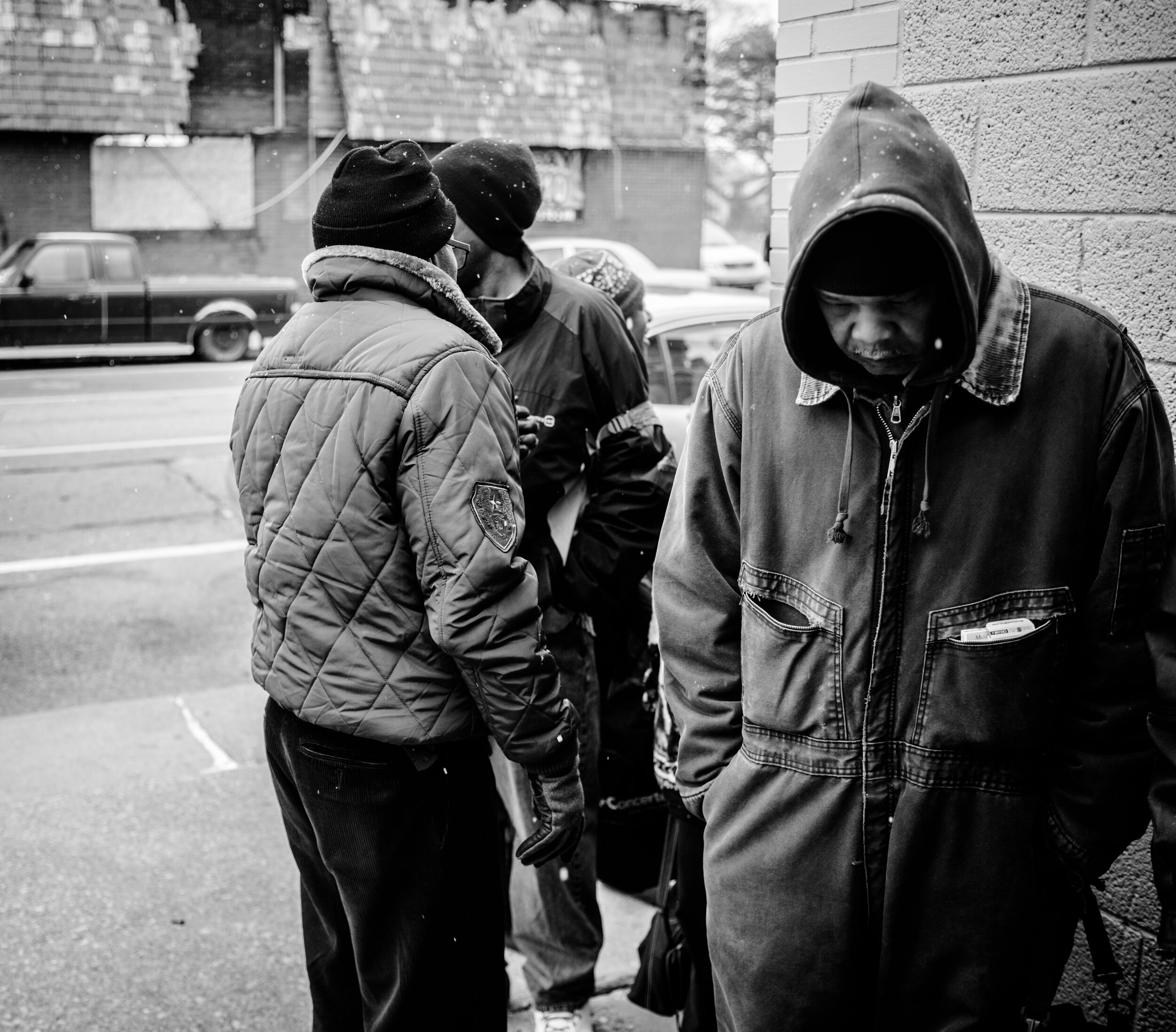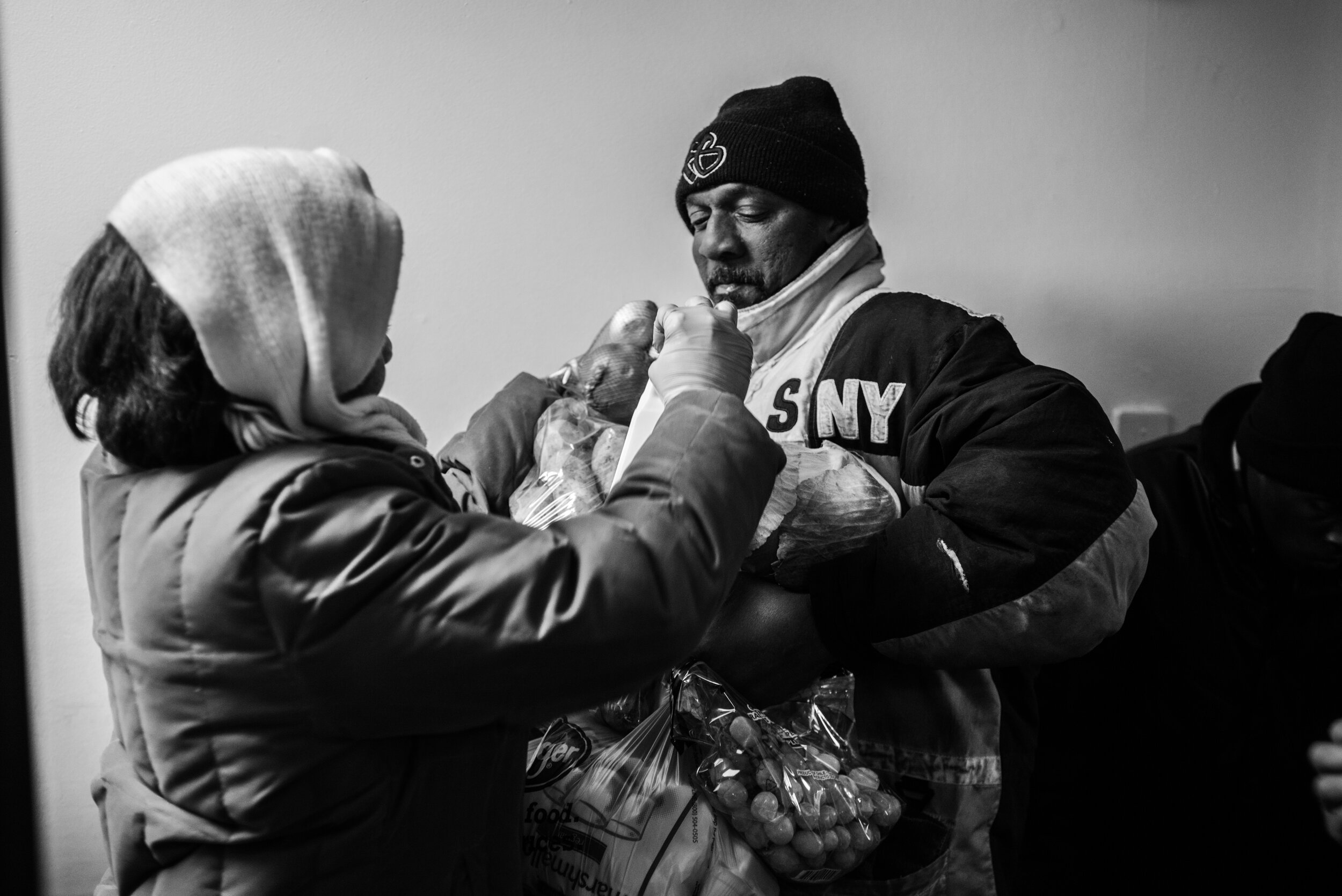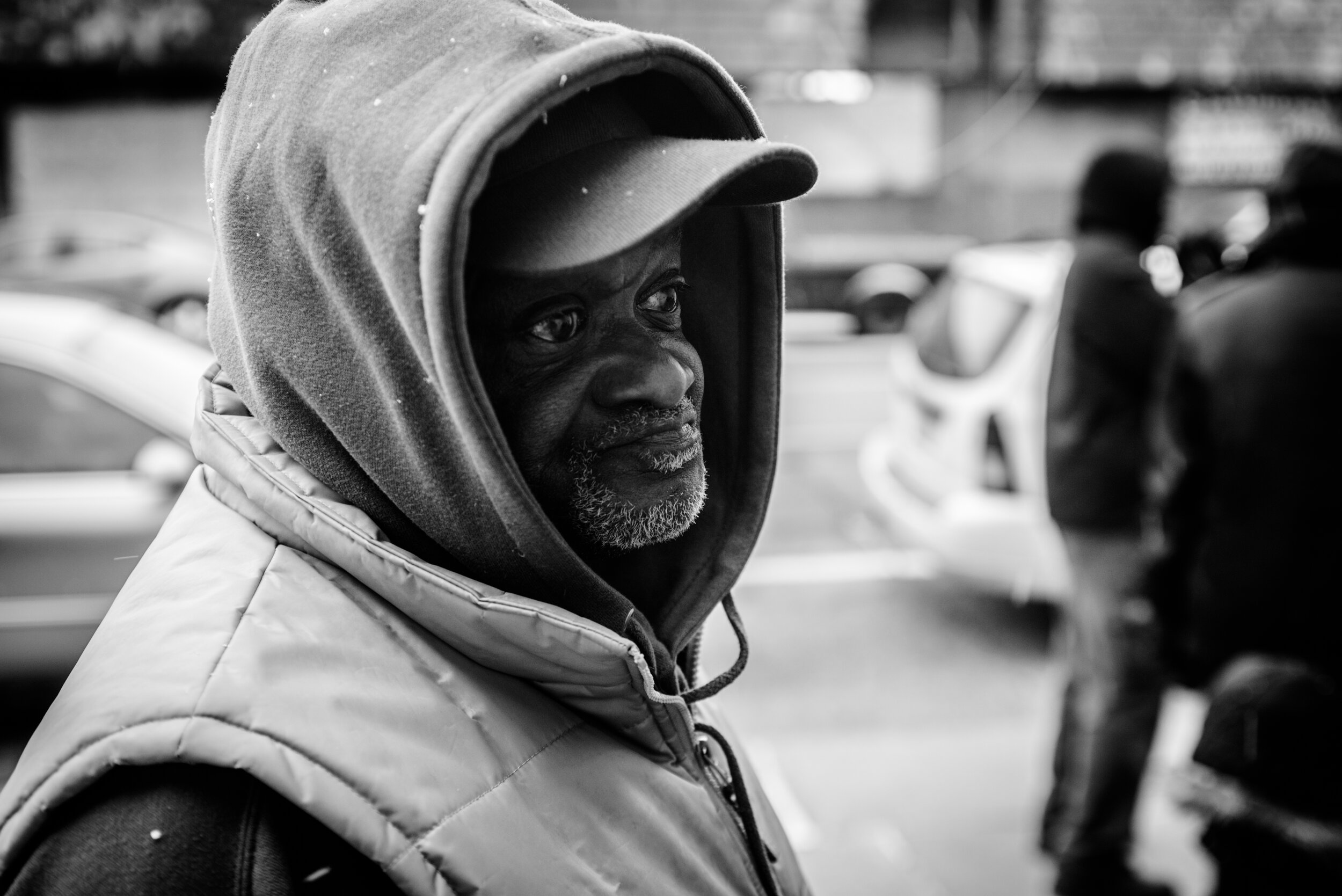My Art My Rules
From My Perspective
There are no black-owned grocery stores in Detroit, according to Auday Arabo, president and CEO of Associated Food and Petroleum Dealers, which represents more than 4,000 stores in Michigan, Ohio and surrounding states. The city is 80 percent African-American, but its last black-owned grocery, Metro Foodland, shut its doors in 2014 after three decades in business on the city’s west side.
Food deserts are spread throughout the city of Detroit, with pockets of low food access in northern Detroit and along the outskirts of the city. Wright and Easter are hoping to build their grocery store in an under-resourced area of the city, providing residents with much-needed affordable and healthy food. Economic Research Service (ERS), U.S. Department of Agriculture Food Access Research Atlas .
Low-income census tracts where a significant number or share of residents is more than 1 mile (urban) or 10 miles (rural) from the nearest supermarket.
My work over the past three years has focused on the food desert crisis in Detroit. I have photographed and interviewed church volunteers who focus on feeding the residents in their immediate neighborhood; urban farmers who are using the vasts amounts of underutilized land; Gleaner’s, a community based non-profit that distributes food; and black entrepreneurs who are working to open grocery stores in socio-economically depressed neighborhoods. The current solutions in Detroit focus on charity and urban farming- none of which are the full solution.
““You eat out [at] fast-food spots, liquor stores, or gas stations and the hands that prepare our food don’t care about us.””
